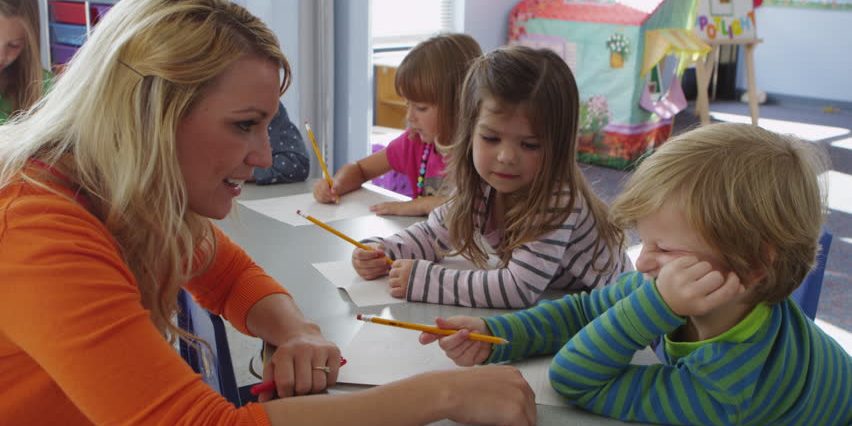by Brisbane Learning Difficulties Tutor Justin Clark
Learning difficulties present in a multitude of different ways and vary wildly from child to child. There are a plethora of different signs that a child with learning difficulties can display, which change with factors such as age, gender, personality type and, naturally, the type of learning difficulty.
Whilst the bad news is that, in most cases, children do not simply grow out of learning difficulties – the good news is that with encouragement and properly adjusted teaching and tutoring, your child can improve in their abilities in areas such as reading, writing and maths as well as find a passion for learning.
Seek Advice
If you are concerned about your child’s learning abilities, it is always best to seek help and advice as early as possible. There are plenty of reasons why a child may appear to be experiencing learning difficulties and may not in fact have a learning difficulty. If however, your child does have a learning difficulty, the sooner you take action and obtain support, both emotional and educational, the better off your child will be. If not caught early, many children with learning difficulties can become overwhelmed and frustrated causing them to give up, which can lead to depression, anxiety, anger and avoidance patterns. Just a generation or two ago, children that presented as ‘intelligent’ but were not performing well academically were labelled as lazy and told to try harder. Please don’t let this happen to your child.
Increased Awareness and Help
There is an increasing awareness of learning difficulties in Australia and there is a wealth of information and help available. These include organisations such as the Australian Dyslexia Association and individual professionals (including myself and my expert team) who will be able to advise you as to whether or not your child does have a learning difficulty, the type of difficulty being experienced and the best way to assist your child both now and in the future.
Below in this article is a list of many different signs of learning difficulties. However, it is important to note that children without learning difficulties may also display these signs, and just because your child doesn’t fit this profile does not mean they are not struggling.
You should start to be concerned if your child persistently displays difficulties in mastering certain skills. As children develop at different rates and ages, it can be very difficult for a parent to be certain that their child has learning difficulties. We suggest you look at the signs below and keep an eye on your child’s development. Most importantly, speak to educators at their child care centre or school and seek out professional advice.
Signs of Learning Difficulties
Preschool age
- Struggles to follow instructions, particularly if given more than one at a time
- Finds it difficult to tie shoes, use zips or buttons
- Struggles to learn letter names
- Cannot seem to grasp rhyming
- Unable to colour ‘within the lines’
- Delayed speech development
- Finds it difficult to focus on one activity for a prolonged period of time; has a ‘short attention span’
- Struggles to cut out using scissors
- Poor pronunciation, sometimes only of specific words or sounds such as wabbit rather than rabbit
- Difficulty learning the alphabet, or numbers, or colours
- Difficulty recalling common nursery rhymes
- Finds school very tiring
Signs of Learning Difficulties
Grade 1 to 4
- Struggles or is unable to grasp the concept of decoding, of the fact that sounds create words and words are divided into syllables
- Lacks automatic word recognition
- Is notably below the level of his/her peers in reading ability
- Poor spelling
- Poor handwriting/ letter formation
- Difficulty in understanding basic mathematical concepts
- Problems with remembering sequences
- Struggles to learn to tell the time
- Oral abilities far exceed written abilities
- Still has difficulty remembering/ following several verbal instructions
- Becomes increasingly tired during and after school
- May become overwhelmed by the amount of work required and anxiety may develop
- Frequently frustrated or angry at school
Signs of Learning Difficulties
Grade 5 to 9
- Appears to have poor organisational skills
- Struggles with reading and particularly reading comprehension
- Lacks automatic word recognition
- Naturally does not like to read aloud
- Has to reread text over and over in order to be able to remember it
- Continued poor spelling and handwriting
- Employs avoidance strategies & is disengaged from learning
Hope Tutoring led by Justin Clark specialises in tutoring students with learning difficulties. Contact us today if you are looking for a Tutor in Brisbane or someone who can do remote tutoring.

Justin Clark – Private Tutor


